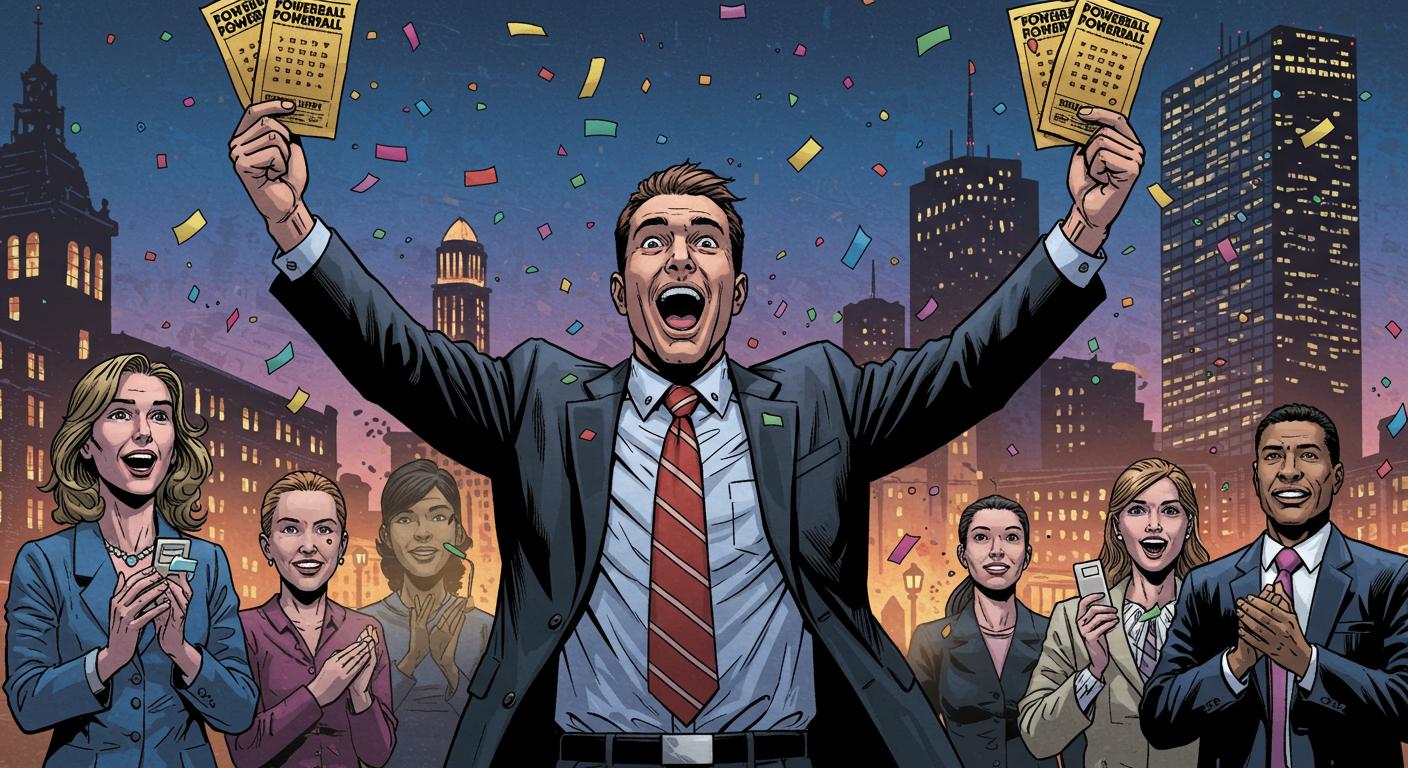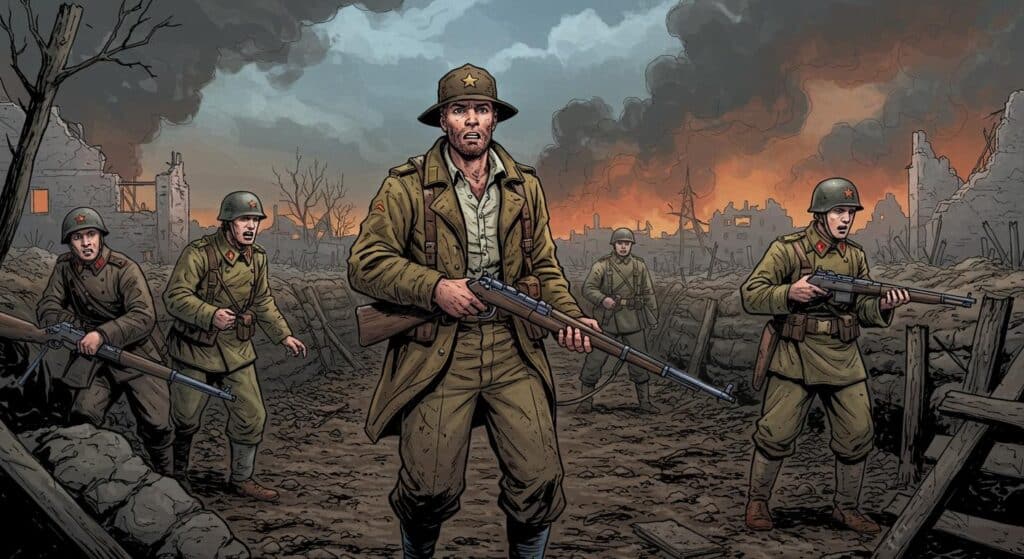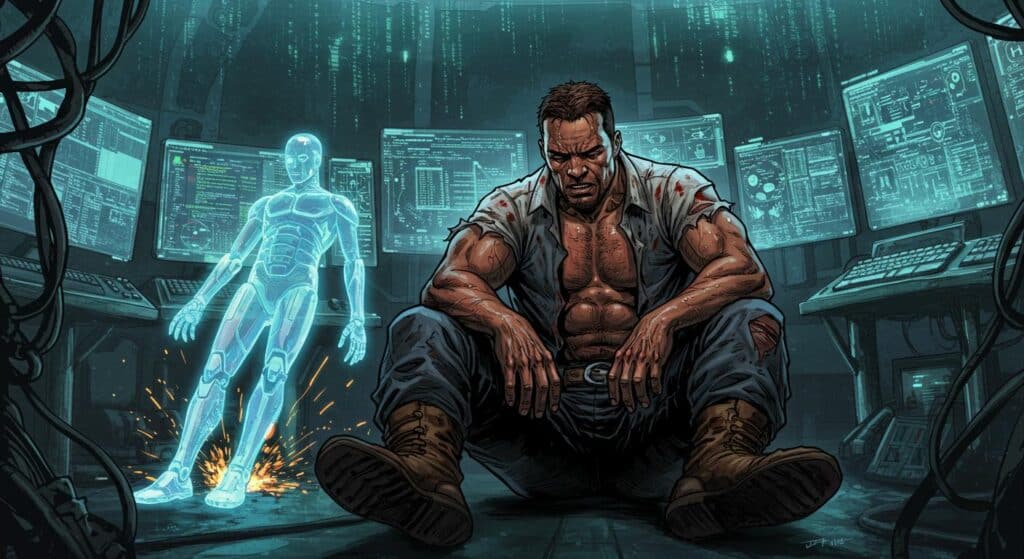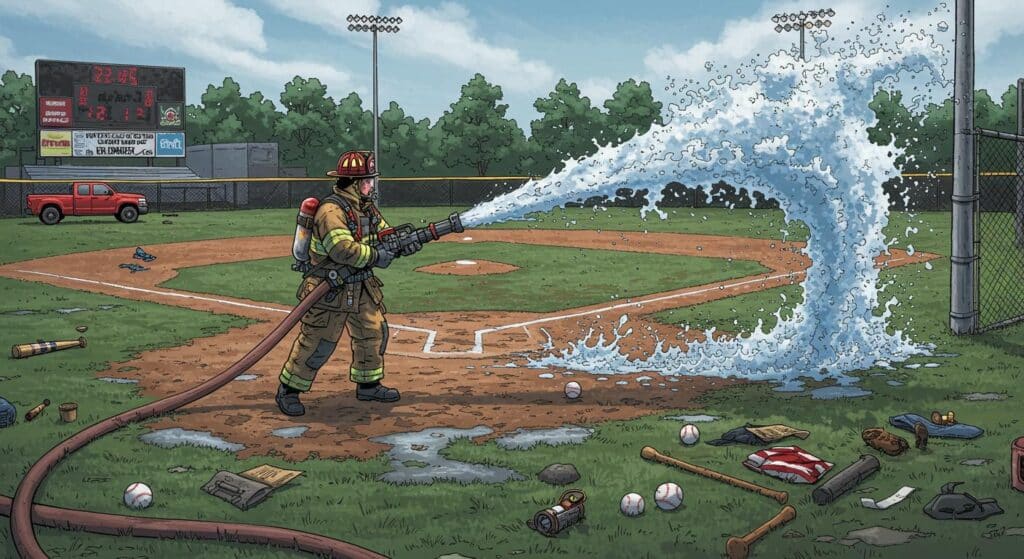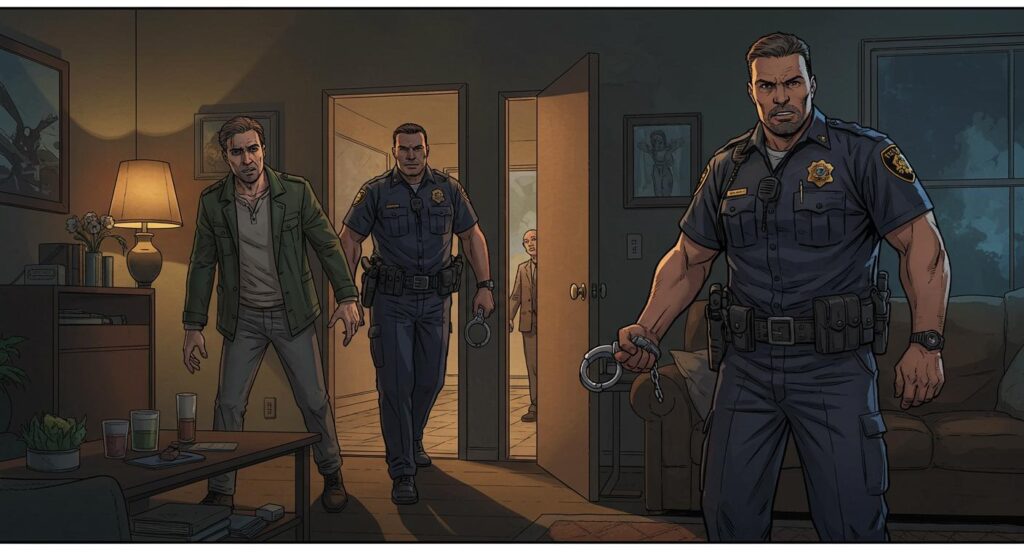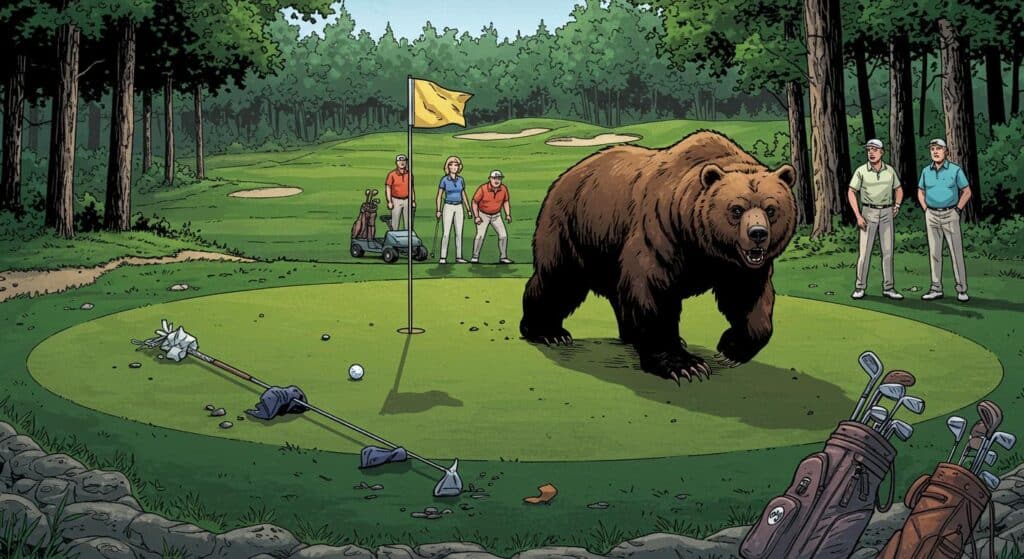If you’ve ever stood at the counter, squinting at a Powerball ticket and mulling over just how unlikely a win would be, meet Paul Corcoran—a Massachusetts man whose ordinary mistake netted him not one, but two $1 million prizes in a single drawing. This isn’t a hypothetical cautionary tale about double-checking your tickets; it’s an almost statistical impossibility made real by a mix of forgetfulness and cosmic whimsy.
Double Checking Pays Off, Literally
Corcoran’s unexpected windfall came thanks to a common enough mishap. According to a WWLP-22News report, he had first purchased a multi-draw Powerball ticket at the Market Basket in Fitchburg, ensuring himself seven chances in upcoming drawings. Later, thinking he’d missed the window for the last draw on that ticket, he picked up a second multi-draw ticket at Country Farms in Leominster.
The result? When the July 9 Powerball numbers—white balls 5, 9, 25, 28, 69—were called, Corcoran was the unintentional owner of two eligible tickets, both matching all five white balls. A Massachusetts State Lottery release cited by NewsNation underscores the point: it wasn’t a lucky set of numbers spread across weeks, but a pair of tickets for the same drawing, purchased in near-perfect absent-mindedness.
Each retailer involved—the Market Basket and Country Farms—also scored a $10,000 bonus for selling the winning tickets, as WWLP notes.
The Unlikeliest Odds
So how rare is this sort of double-dip? As documented by Powerball.com, the odds of matching all five white Powerball balls and not the Powerball itself (thus winning $1 million) are about 1 in 11.7 million. The site further reports that the likelihood of doing this twice in the same drawing—on two separately purchased tickets—is so minute that it practically defies calculation. Sometimes, the numbers are best left as an abstract: “impossible, unless proven otherwise.”
The Powerball drawing that night produced a total of eight $1 million Match 5 winners: two in Massachusetts (both by Corcoran), two in California, two in Illinois, one in Florida, and one in Nebraska, as WWLP and Powerball both detail. The actual jackpot, incidentally, went unclaimed and soared beyond $264 million for the next round, per Powerball’s official game summary.
“No Plans Yet”—Just Lightning in a Bottle
Most people, handed two big checks with a single set of numbers, might be tempted to make equally big proclamations. But as NewsNation details, Corcoran offered no elaborate press-release dreams or sudden retirement anecdotes when he claimed his winnings at the Massachusetts State Lottery headquarters in Dorchester on July 11. In comments to officials, he simply said the win “feels good” and that he has not decided how he’ll use the money—leaving the rest of us to speculate on bucket list items that might not have even made his own shortlist.
For those interested in the downstream effects: Powerball underscores that more than half of every ticket dollar remains in the state where it’s sold, a fact perhaps newly appreciated by the communities around Fitchburg and Leominster. The stores involved can certainly attest to the indirect winnings.
Ordinary Error, Extraordinary Windfall
This scenario reaffirms something both comforting and bewildering: Fortune is not always the property of the careful spreadsheet or shrewd planner. Sometimes, it’s the casual error at a gas station counter—one that most would chalk up as a nuisance—that spins the quantum wheel.
In context, as reported by ConchoValleyHomepage and further confirmed by Powerball, the accumulation of two winning tickets came down to nothing more than one man’s erroneous assumption about ticket expiration dates. No clever systems, no syndicate, no arcane number theory—just a bit of everyday confusion.
Is there a moral in all this? Perhaps it’s that cosmic luck is as indifferent as it is rare. Or, seen another way, that the fates delight in catching even the most ordinary among us off-guard, with results more fitting for urban legend than a lottery release.
What Now?
WWLP mentioned that the next Powerball drawing, scheduled for July 19, offered an estimated jackpot north of $288 million. One wonders if Corcoran, or anyone else inspired by his story, planned another ticket purchase for science or just nostalgia. But realistically, does it get any better than this—twice as lucky in one night, by accident?
If you’re the type who keeps every receipt and triple-checks your game entries, this whole episode might leave you either questioning your devotion or reassured that there’s no method to the madness. For everyone else? Maybe it’s just a good story to tell at parties—and a subtle reminder: Sometimes, luck is just one mistake away.

